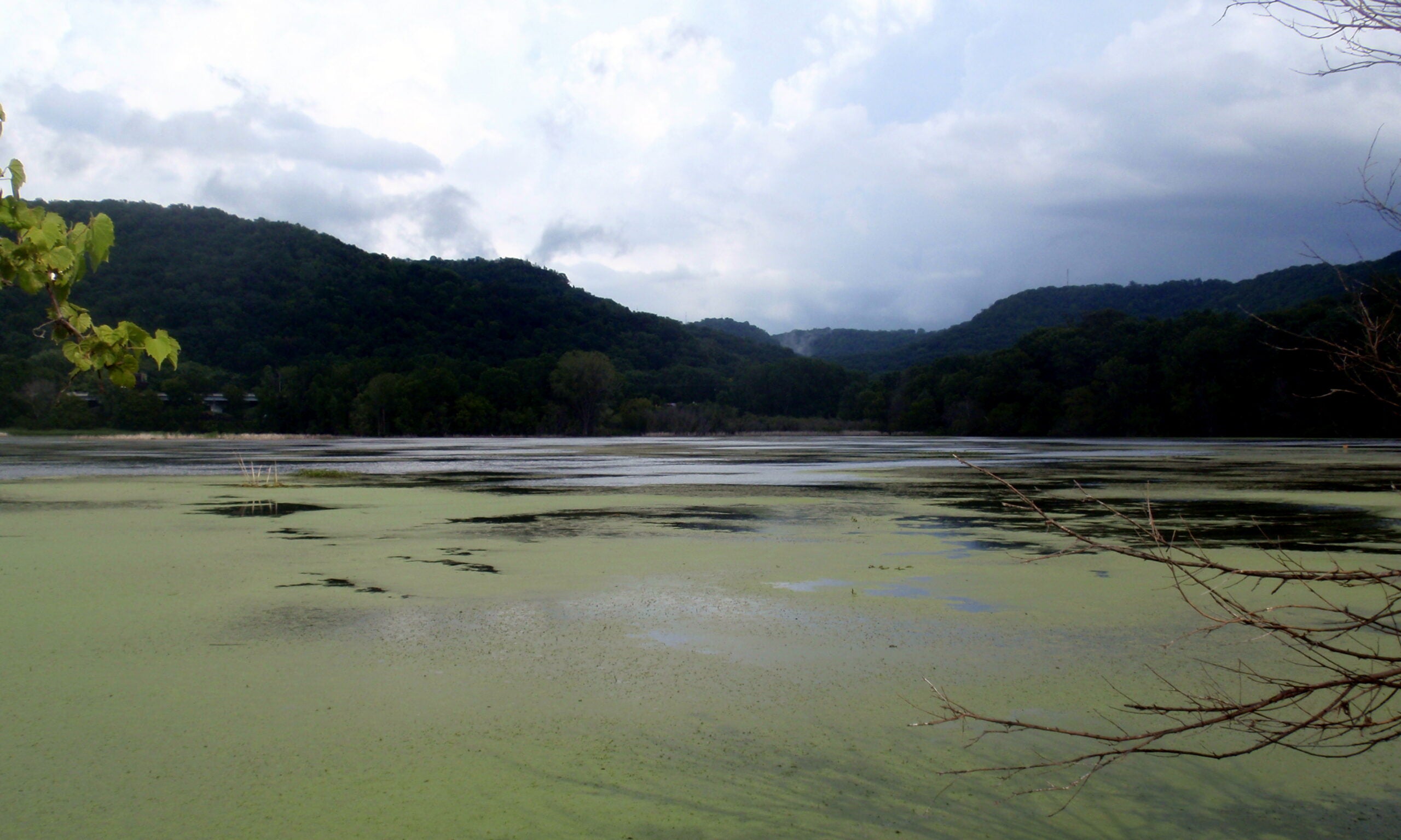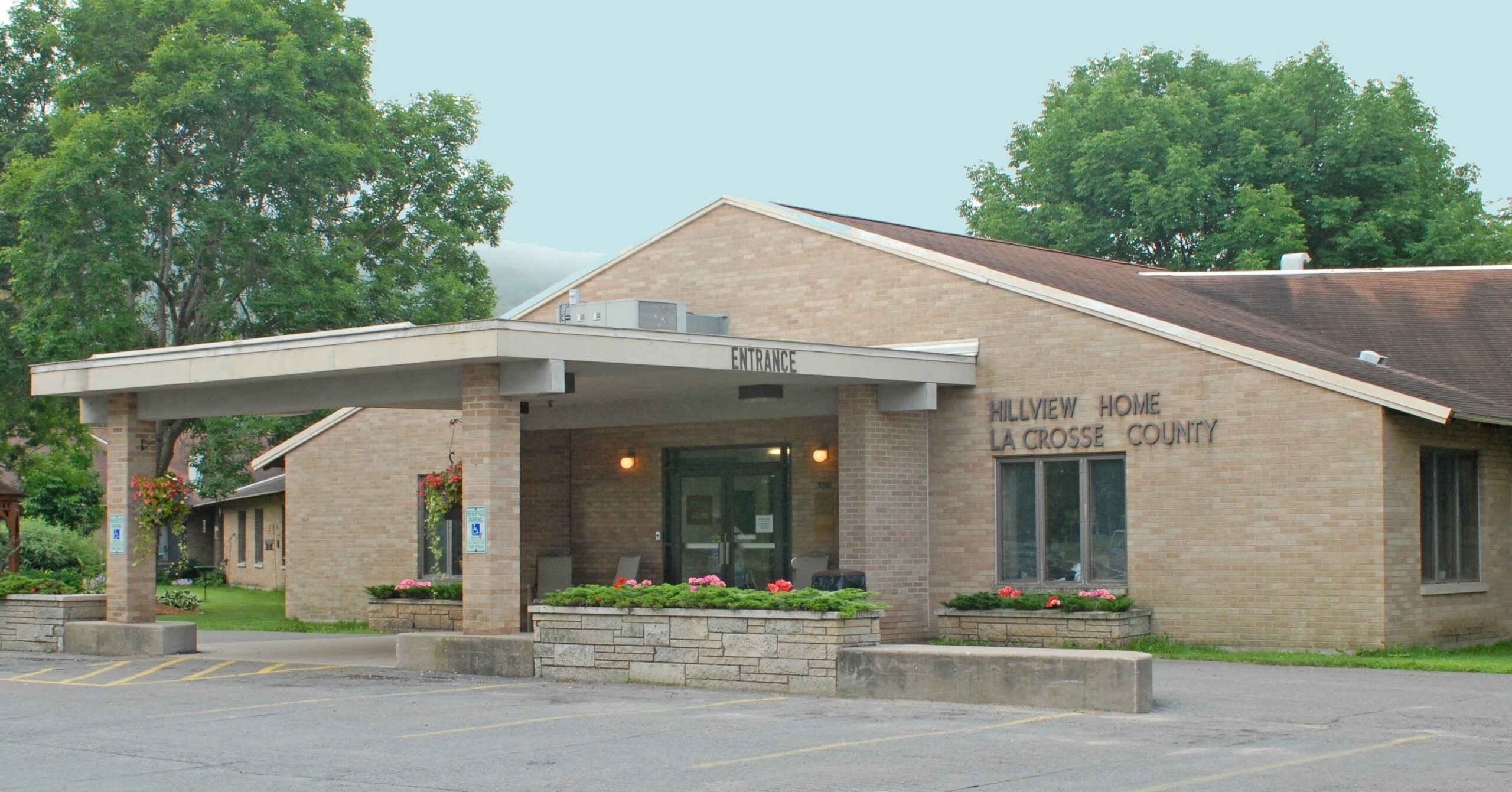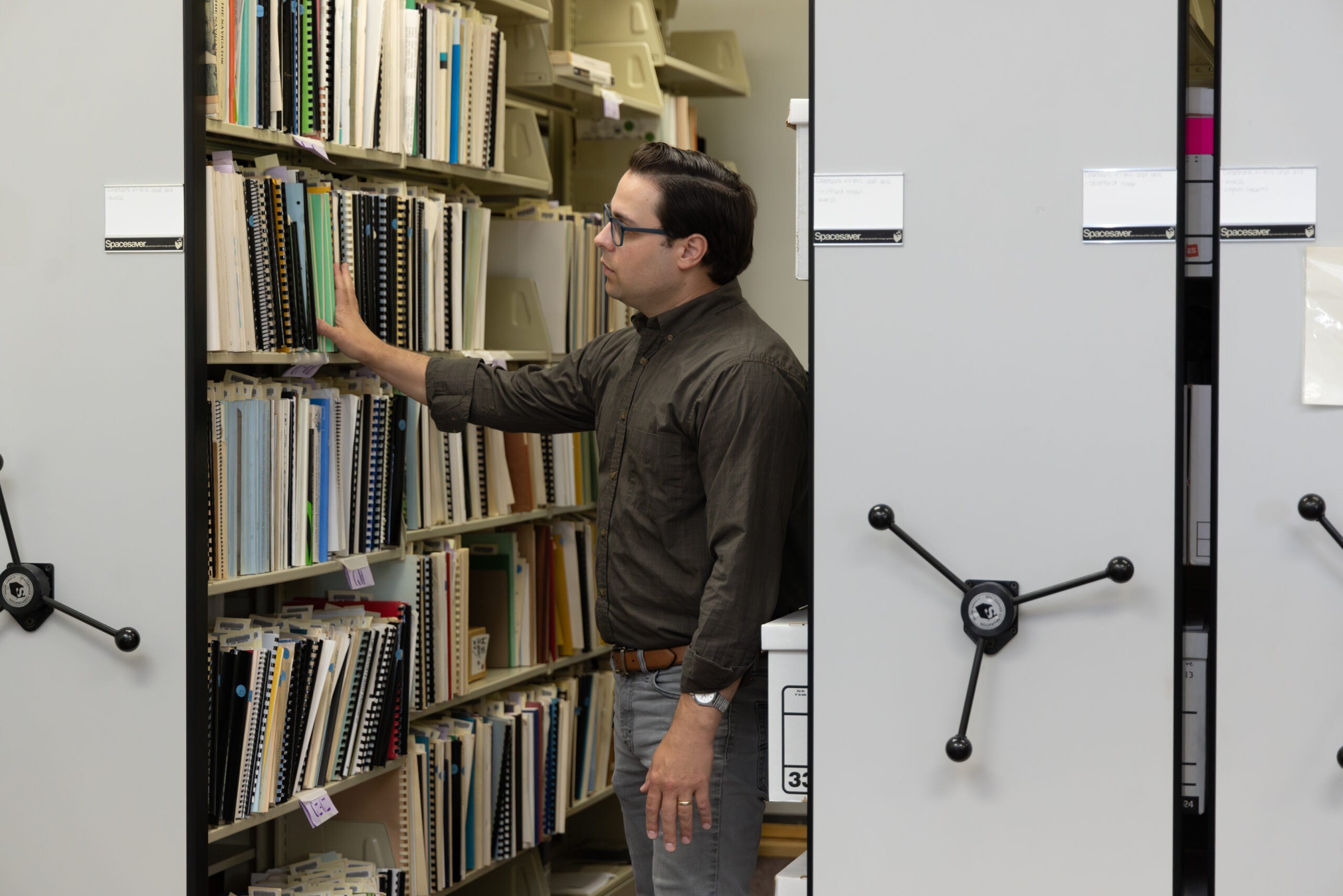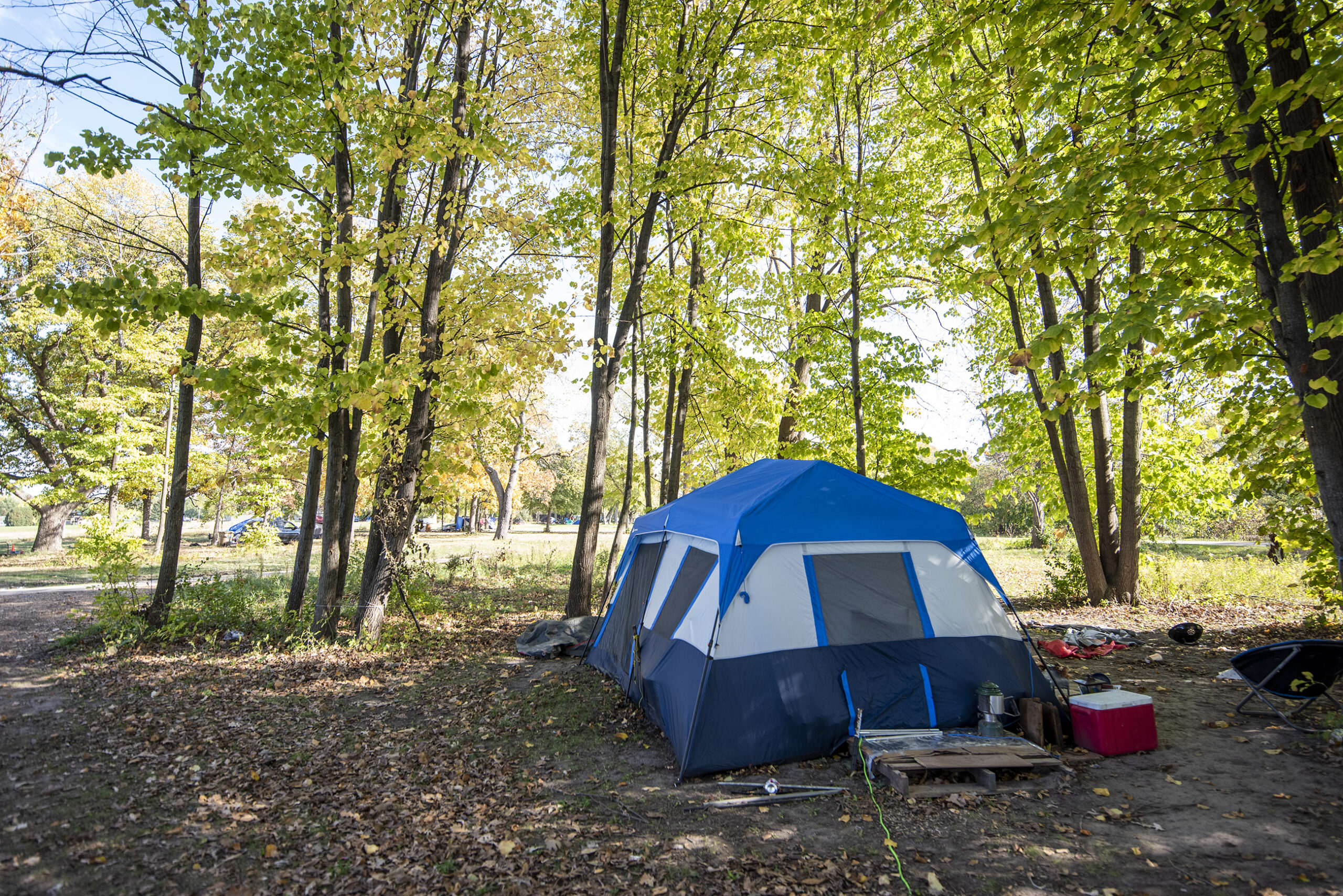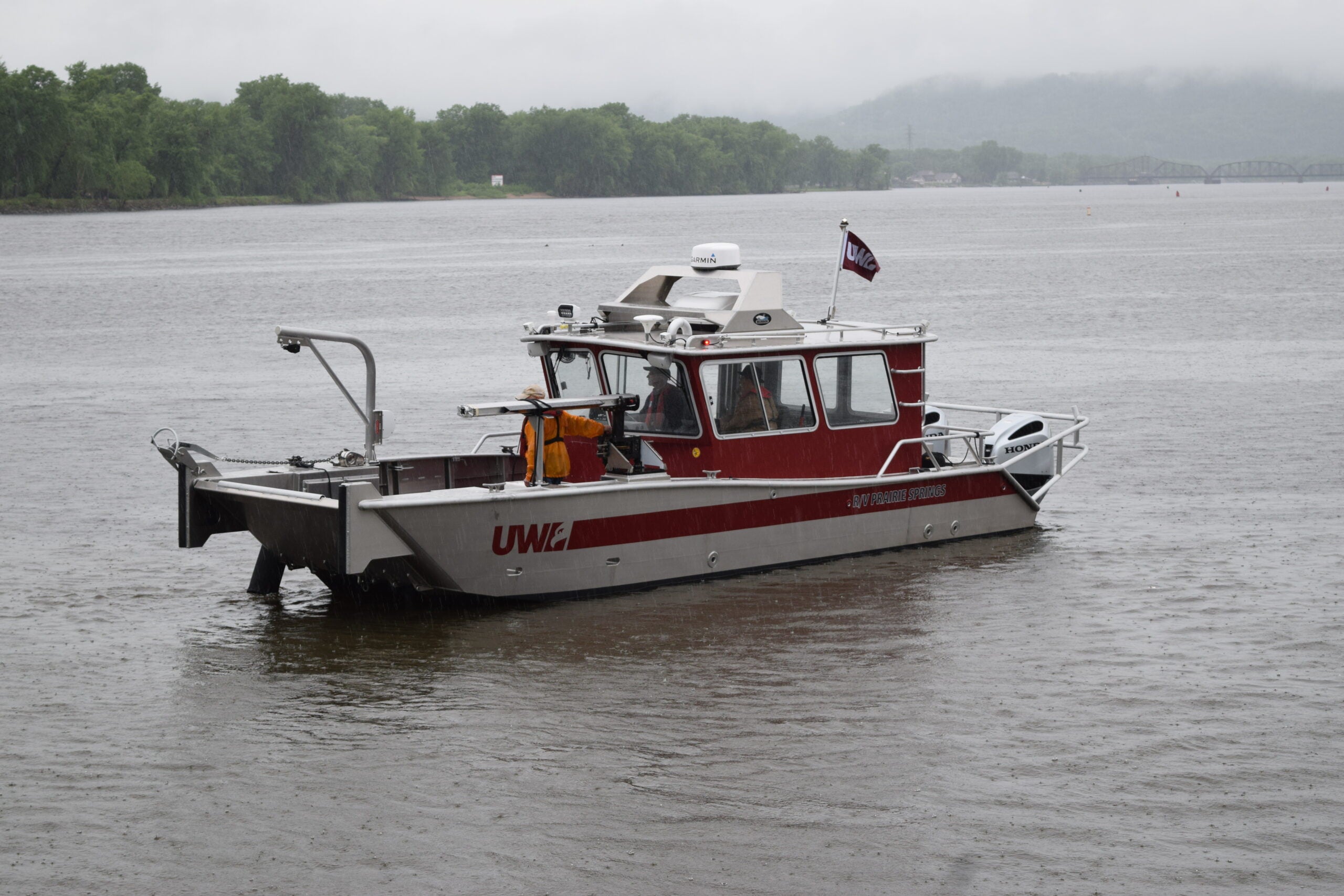Work to address lead contamination in the La Crosse River Marsh has revealed a new contaminant in the soil.
The city hired an environmental consultant in April to address lead contamination from hundreds of thousands of lead pellets buried in the marsh’s soil.
A local gun club used part of the La Crosse River Marsh for trap shooting from about 1930 to 1960, leaving behind bullets discovered by University of Wisconsin-La Crosse researchers in a study published last year.
Stay informed on the latest news
Sign up for WPR’s email newsletter.
Now, La Crosse City Councilman Bob Seaquist said work to address the lead contamination has uncovered new concerns.
“The department of natural resources wants us to not only continue testing for the lead, but additionally test for polynuclear aromatic hydrocarbons, and so we’re testing for skeet,” Seaquist said.
Skeet or clay pigeons release the carcinogenic compound as they break down, Seaquist said. It’s not a public health concern at this time, but it is something the city hopes to address or at least contain.
“If we do something like dredging or capping, we may do more damage than not, and it’s just an unfortunate thing that we may have to live with,” Seaquist said.
Last week, La Crosse’s Board of Public Works approved spending $48,000 to continue analyzing the site.
Wisconsin Public Radio, © Copyright 2025, Board of Regents of the University of Wisconsin System and Wisconsin Educational Communications Board.

